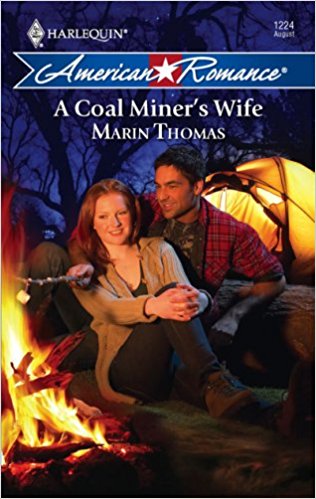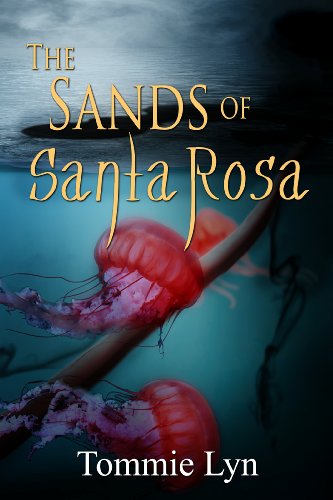Romance Novels and Attitudes towards Coal and Oil
The stories that we tell reflect our culture and, whether consciously or not, encode our opinions, thoughts and beliefs. (Grubert and Algee-Hewitt 1)
 Emily Grubert and Mark Algee-Hewitt's short article "Villainous or valiant? Depictions of oil and coal in American fiction and nonfiction narratives"
Emily Grubert and Mark Algee-Hewitt's short article "Villainous or valiant? Depictions of oil and coal in American fiction and nonfiction narratives"
draws on a corpus of 60 narratives, both fictional and nonfictional, published between 2002 and 2016 by US authors. We [...] posit that American narratives often depict oil as new and exciting, with associated dangers seen as tragic but thrilling. Appalachian coal, by contrast, is portrayed nostalgically, depicted as a nearly familial presence that has betrayed its communities and no longer represents security and prosperity.
I was very happy to see that they mentioned having included romances in that corpus of texts. After all, romance novels make up a very significant proprortion of all popular fiction published.
My memories of reading about oil and coal in romances are a bit vague, but I'd agree with them about coal being associated with communities in financial difficulties. I also remember reading some romances in which oil exploration/exploitation is considered risky but potentially very lucrative.
I've tried to pick out the romances in their corpus and I think they're as follows, though it's possible I've missed a few:
- Avrile, Parker (2016) - Oil - The Runaway Millions: A Male/male Contemporary Romance Novel
- Camp, Deborah (2012) - Oil - Vein of Gold
- Lyn, Tommie (2013) - OIl - The Sands of Santa Rosa
- Thomas, Marin (2008) - Coal - A Coal Miner's Wife
 That may not seem like very many, but there were only 30 works of fiction analysed in total. In the article, specific mention is made of two of them:
That may not seem like very many, but there were only 30 works of fiction analysed in total. In the article, specific mention is made of two of them:
Parker Avrile opens The Runaway Millions with the dramatic bankruptcy of an extremely wealthy man as a drop in oil price forces him into default:
‘How can you pop up out of nowhere and take everything just because the price of oil dipped below fifty dollars a barrel for a few days? We all know it's going back up.’...
‘We’re stealing nothing. You gambled, and you lost.’
Coal causes death and oil causes loss of a lifestyle. In these and other texts, both resources repeatedly create major conflict. (5)
and
close reading confirms that oil is often associated with gambling, where wins and losses are large, exciting, and ultimately out of an individual's control (see, for example [...] Avrile's The Runaway Millions) (8)
 The other novel discussed seems to be an inspirational romantic suspense novel and:
The other novel discussed seems to be an inspirational romantic suspense novel and:
Lyn's The Sands of Santa Rosa [...] sets up the opposition of fossil fuel corporation versus environmental nonprofit, though she inverts a common pattern by deploying a disgruntled environmentalist against an oil company to cause a major spill (ultimately, the spill is disastrous because of steps taken by the oil company, however). (6)
It is also mentioned that
stereotypes about indigenous Americans as possessing a privileged relationship to nature [...] are also relatively common (and visible in this corpus in Lyn's 2013 novel, which includes a part-indigenous protagonist who saves the day with his mystical “Sight”). (7)
-------
Grubert, Emily and Mark Algee-Hewitt, 2017. "Villainous or valiant? Depictions of oil and coal in American fiction and nonfiction narratives." Energy Research and Social Science. [Abstract]
